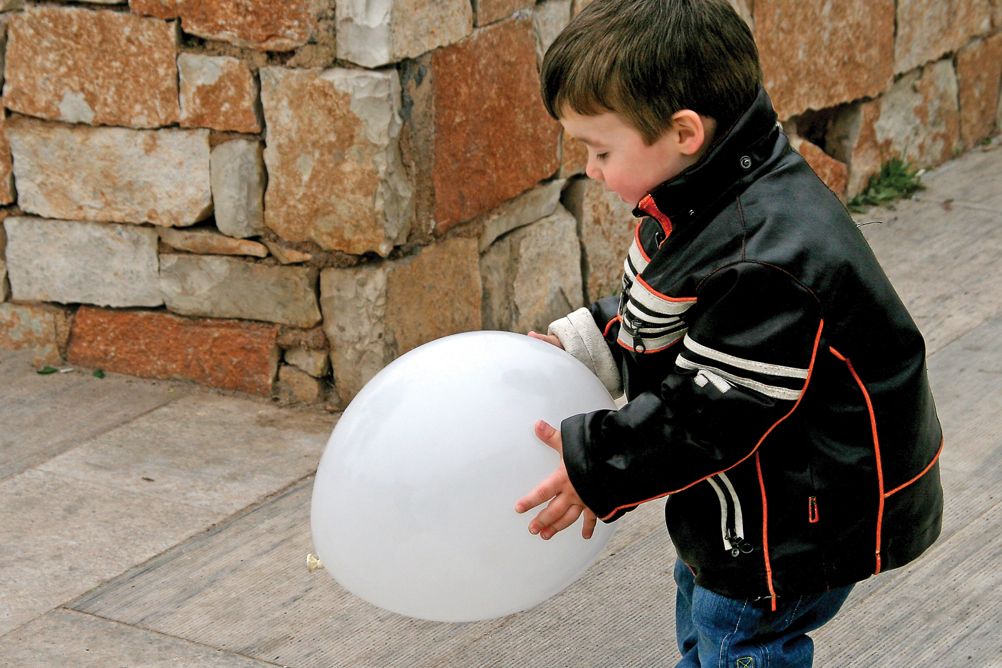
Question: One of the children at my nursery has dyspraxia. What can I do to support him?
June O'Sullivan: Dyspraxia is a condition affecting physical co-ordination that causes a child to perform less well than expected for his or her age in daily activities and appear to move clumsily. It affects movement, but can also affect speech. It usually co-exists with other disorders such as Attention Deficit Hyperactivity Disorder, dyslexia and other language, social, emotional and behaviour issues.
Dyspraxia affects five per cent of the population, but is more common in boys. Signs include an inability to sit still, awkward running gait, difficulty catching or kicking balls, falling and tripping often and poor social skills. You can support children's development and monitor skills with simple activities such as playing with soft juggling balls and catching balloons and squeezing and rolling play dough. Contact the Dyspraxia Foundation for more advice.
Register Now to Continue Reading
Thank you for visiting Children & Young People Now and making use of our archive of more than 60,000 expert features, topics hubs, case studies and policy updates. Why not register today and enjoy the following great benefits:
What's Included
-
Free access to 4 subscriber-only articles per month
-
Email newsletter providing advice and guidance across the sector
Already have an account? Sign in here

